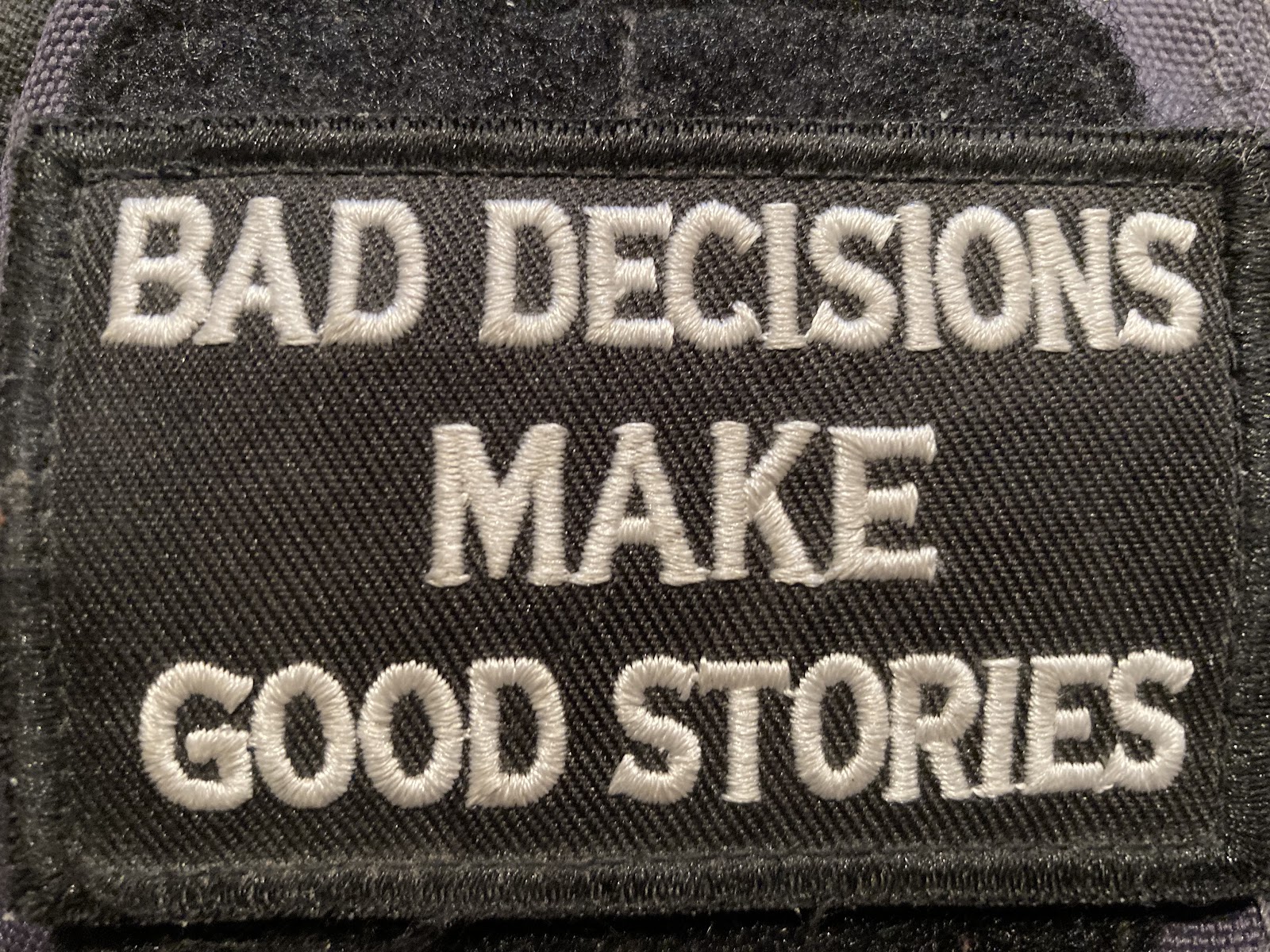By Steve Pease / Michael Chandos
Our stories are about people. Not about the setting, the action, or the clues, but about the people living in the setting and involved in the action and creating the clues. About how the story affects them, and forces them to make desperate choices and bad decisions. Makes them consider Murder as a viable solution to their problems. The story is about how the plot, clues, circumstances and twists affect the characters.
Lee Child said "My books aren't about the detectives working on the crime, but the crime working on the detectives."
Watch people. Are you waiting in the airport for your connecting flight, hours away? In the grocery store? The clinic? Look at your fellow "waiters". How is their day treating them? Does a romantic rejection twenty years ago still affect them? Has it made them cynical and bitter? What's their financial status? What are the little traits and clues that define who they are, to your mind's eye at least?
What do their clothes suggest? Look at their shoes. They may be wearing a comfy traveling outfit, be in going-shopping utility clothes, or new and colorful holiday clothes, but their shoes remain. Are they worn, dirty, new, shiny? Does the shoe style fit the rest of their clothing? Are they from around here?
What does their behavior suggest? Are they engaging with their surroundings, or are they shielding themselves from it? Why? What are the possibilities? Does that make them look "evil"? Did they catch you staring at them? What was their reaction?
You will be training your eye to assess people, to identify key indicators of what they do and who they are. Are you nervous about being judgemental? Who cares? This training game is just for you, the writer. Our fictional stories are just fantasies, to quote A. Conan Doyle. It's not important to be accurate to reality. It is important to be consistent to your fictional reality. When a character enters your story, you'll be able to describe one or two things that will immediately convince your reader of who the character is. Be a Sherlock.
Or not. This is an opportunity to deceive the reader, too, to build suspense with ill-fitting appearances and behaviors.

3 comments:
I like to make up impromptu histories for people based on their behavior and appearance in public.
Loved this post, Steve. Yes, there are all kinds of clues that suggest characterization
One time I was in the Seattle airport waiting for a flight and saw a man walking around the terminal with no shirt on. I did wonder about that. Still do. Fun to make up scenarios about it.
Post a Comment